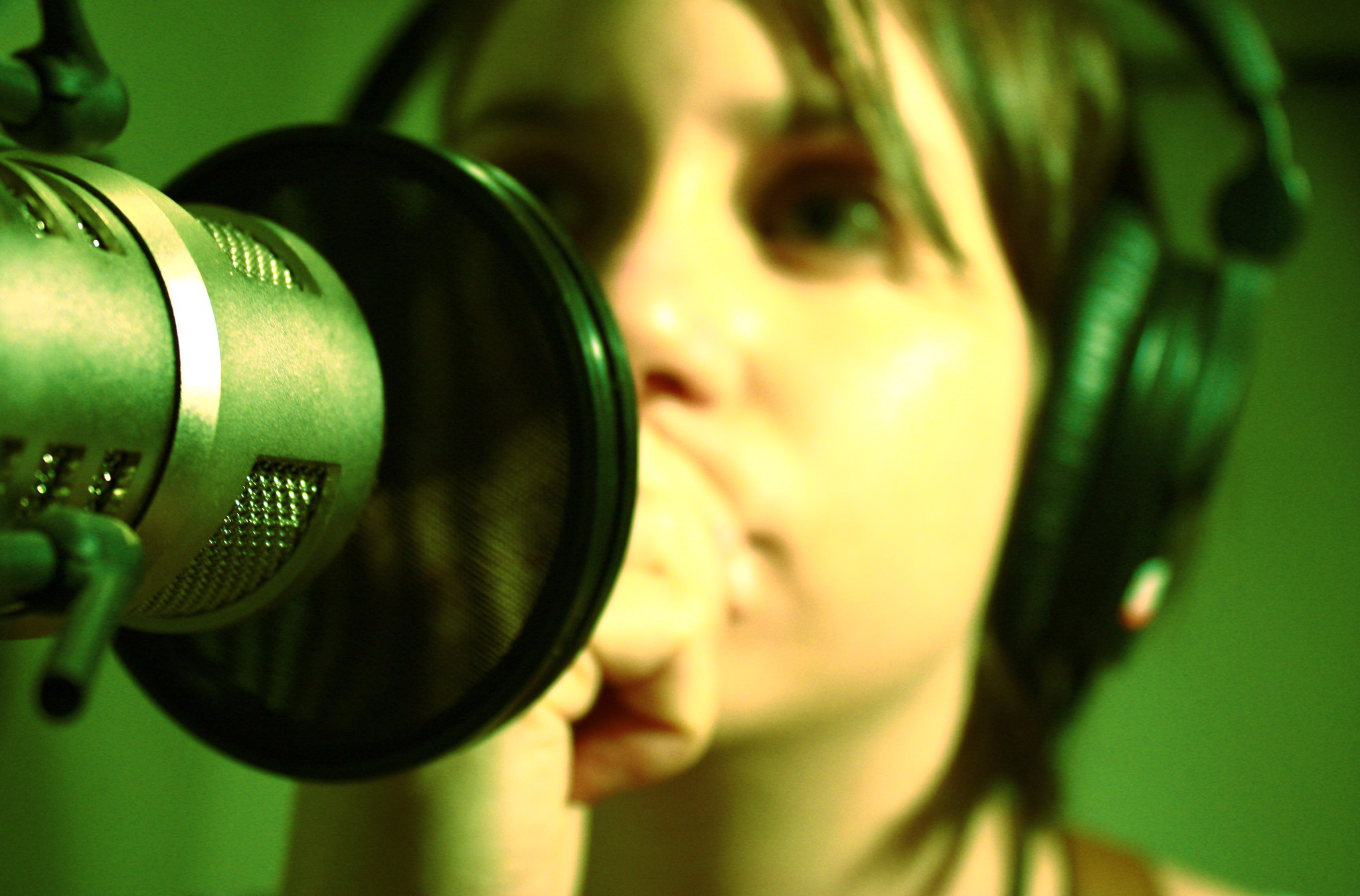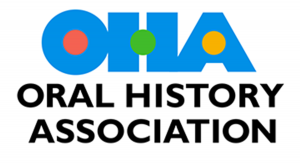Author Interview: Liz Strong on Protecting Interviewers
Our new issue 48.2 focused on ethics in oral history features Liz Strong’s article, “Shifting Focus: Interviewers Share Advice on Protecting Themselves from Harm,” about distinct challenges faced by oral historians in their work. She outlines key structures of support to address such challenges, concluding with ways to apply those structures during project design, while a project is ongoing, and in the event of a crisis. We interviewed Strong about her article and the difficulties oral historians face in confronting trauma and toxicity.
What is it about our field that may cause oral historians to put themselves last when it comes to their work and careers?
Oral history is a relatively young field, and we are also very informed by the social movements around us. It may be a sign of the times, and of where we are in our own growth as a field, that we are ready to shift our focus to the rights and well being of interviewers as well as narrators. It may also be that the interviewers who were publishing, presenting, teaching, and gaining recognition in the 1980s through 2010s, imagined that all interviewers would be privileged, powerful, and protected because many of them were those things. But that was a skewed perspective that we’re compensating for now.
How do you go about preparing for a potentially traumatic interview? How do you decompress afterwards? Where would you suggest that someone new to an active self-care approach to oral history begin?
I think I’ve learned that I can’t prepare just as me, individually. From talking to folks, the common pattern seems to be that painful interviews cut deepest when interviews occur in unsupportive or toxic work environments. So the answer to how I prepare is honestly to just think carefully about who I work for, and to stay present for my colleagues, and to write this article. That’s really the best preparation I can do to ensure that if something happens in an interview that really tests me, my employer and my community will be tested right along with me, and all of us will rise to the occasion together.
Why do you think that there are so few publications on this aspect of oral history work?
Well, I think there are going to be more and more public and published conversations about what oral history interviewers face. To say why there haven’t been very many yet, would be total speculation. But I do recognize how hard it is, in general, to openly discuss personal experiences of failure or exploitation. I think many oral historians would be understandably concerned about their careers if they spoke critically about employers, clients, or principal investigators who contributed to painful experiences. My article provides a chance for us to speak collectively. Some of us remain anonymous; some of us put ourselves out there as case studies; and I’ve attempted to focus on the broader trends that affect us.
In what ways has the pandemic impacted the already-limited access that oral historians have to outside support systems?
It’s hard to get to AA meetings and to church and to school. We connect to each other through screens, which are the same portals broadcasting images of state violence and hardship. We’re steeped in stress, instability, and loss. In the midst of all this, the methods of our oral history practice had to adapt quickly to a remote world, which both created and closed opportunities for us. For example, I can end an oral history interview and be immediately in my own home, or step outside into my garden rather than stepping on to the subway. That can be really beautiful, and helpful. It can give me a lot of control over my space and the kind of care and recovery that I need before and after interviews. Other interviewers may be besieged in their closet while they record, with the pressures of family who need them just outside. They may be physically scrunched up or stifled in those spaces. They may yearn for the quiet drive between interviews and home life. The pandemic certainly increased our distance from one another, but whether it increased or decreased our agency over our circumstances is the most important shift. And that’s very different for all of us.
Liz Strong is the project manager for the Obama Presidency Oral History Project at Columbia University. Previously, she served as the project coordinator for Muslims in Brooklyn at the Brooklyn Historical Society, and as the oral history program manager for the New York Preservation Archive Project. She received her MA in oral history from Columbia Graduate School of Arts and Sciences in 2015, and her BA in narrative arts from Oberlin College in 2009.
Featured image from Flickr user Andréanne Germain used with CC BY 2.0 license.


